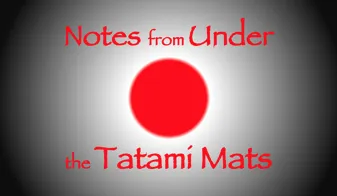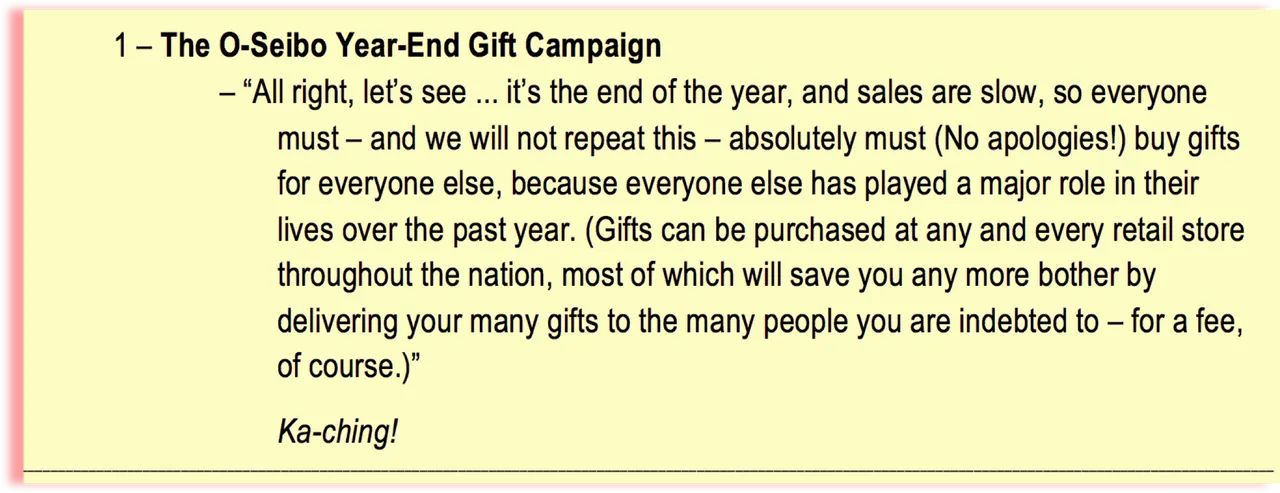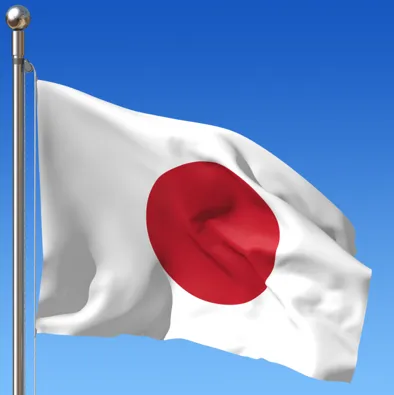
“The choco-capitalists started by selling marshmallows to be handed out on March 14, but it proved to be a supremely ludicrous marketing strategy.”





At any time and in any country, gift-giving is a fine and even noble custom. But there are limits – except in Japan.

A little something for you …

As soon as you enter, you pass the little gift to the host. It doesn’t signify much, and in fact the gift-giver will usually say, “Tsumarani mono desu kedo …” (translation: “This is just a little something that I got ...”) That’s all fine and dandy and reasonable.
(Image source)

Bring us gifts. Or else.
Moving on to a different level of Japanese gift-giving, we have the “o-miyage,” or the “souvenirs” that you bring back from your travels and hand out to your friends and colleagues. If you go abroad for a week, or if you are sent away on a 2-day business trip in the next prefecture, it’s de rigueur to bring back an o-miyage, such as some treats from the city or region that you visited.

Essentially, you buy some of the “local edible products” of the region, probably something that is indigenous to the area, and share those treats with those who had stayed behind. All things considered, this too is a fairly reasonable custom with a long tradition.
The thing is, you have to buy these o-miyage for your family, your friends, and your colleagues. Yes, as I wrote, you “have to.”
To NOT bring back any “o-miyage” for those people is akin to NOT paying for even one round of beer when out drinking with the boys. Or like NOT bringing any food or drink to a pot-luck party, then eating and drinking with abandon, and leaving as soon as the food is gone. That is, NOT bringing an o-miyage is seen as rude, discourteous, and ultimately unacceptable. (Image source)
To summarize – when you’ve been invited to someone’s home, you essentially have to bring a gift. Fair enough. And when you go travelling, you have to bring back gifts. Again, fair enough. Not only is such gift-giving an effective social lubricant, it also fosters generosity.

Give us gifts. Even if we don’t want any of that crap.
But when it comes to those “effective marketing campaigns” mentioned in the list above, things get unreasonable very quickly … and very extremely.

For instance, let’s look at #3 and #4. Everyone in Japan knows that the chocolate given by women on Valentine’s Day is nothing more than “giri choco.” That translates quite simply and directly as “obligation chocolate.”
The women are obligated to buy that chocolate and give it to all the men they know. Not only to those at the center of their lives, but also extending to those men at the distant periphery of their lives.
And who determined that it is an obligation? Well, the manufacturers and marketers, that’s who. (Image source)

Gifts of gold, frankincense, myrrh, and … marshmallows. Marshmallows?!
As if that weren’t bad enough, those choco-capitalists then devised “White Day,” which dates back only to the late 1970s.

That new name was not quite as ludicrous, and the new day soon caught on throughout the nation and beyond. These days, White Day is “celebrated” in various countries in East Asia.* (Image source)
...
* That is, “celebrated” by the manufacturers and marketers, as a very effective marketing campaign. Most of the consumers, on the other hand, do not appreciate the absurd, expensive and annoying new “custom.”


Introduction to – “Notes from Under the Tatami Mats” (right-click on title)


Top 3 Phrases Translated into English that Needed a Bit of Editing
Top 3 Great Names for English Schools
Top 3 Moronic Ad Slogans Used by English Schools
... and more

Links to my Other Series …

Introduction – "Intro to Vocab-ability" (right-click on title)
Guide – "Guide to Entries" (right-click on title)
Index– "Index" to all Chapters and Sections (right-click on title)


Lou Reed – "Anthology of Memorable Lyrics, Part 1" (right-click on title)
Lou Reed – "Anthology of Memorable Lyrics, Part 2" (right-click on title)

 Images sourced from Google Images, unless otherwise indicated or unless my own.
Images sourced from Google Images, unless otherwise indicated or unless my own.
